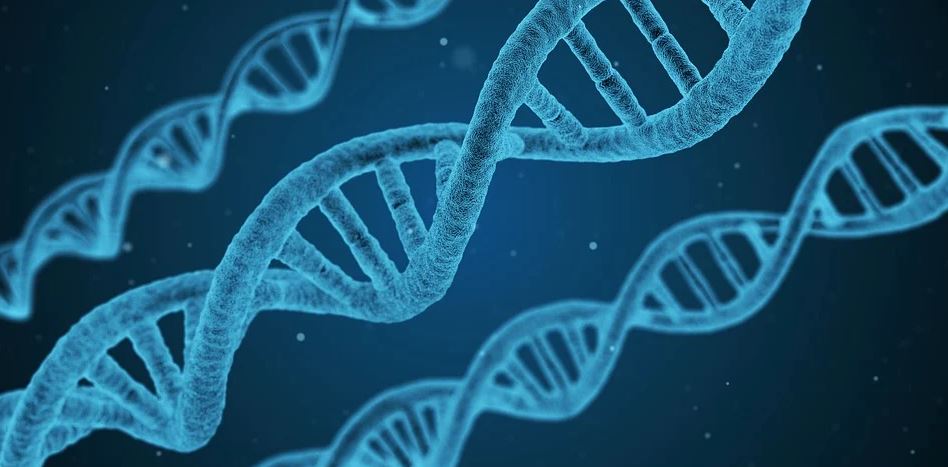Obesity is often stigmatized as a problem that is caused by a lack of will power, and people who struggle with excess weight are often told by their health care providers just to ‘eat less and move more’ to treat it. The reality is that obesity is NOT a choice, and is not about will power. Rather, obesity is a chronic medical condition with a complex science behind why it happens – a science which many health care providers and people with obesity alike may not have had the opportunity to learn much about from trustworthy sources.
Thus, the chapter in the 2020 Canadian Adult Obesity Clinical Practice Guidelines on The SCIENCE of Obesity is a much needed (and truly a treasure trove) of information, because we need to understand obesity in order to have a sound approach towards treating this complex medical condition successfully.
Highlights and key topics from this chapter:
- Our bodies are built by evolution to defend our body weight to survive through unpredictable periods of feast and famine. Eating even just a tiny bit more than your body needs (less than 1% extra) can accumulate to cause weight gain over time.
- An in-depth explanation of how our brain regulates body weight at the very fundamental level of hunger and fullness (hypothalamus); the brain systems involved in the pleasure and reward of eating (mesolimbic system); and the important executive function (making (or not making)) conscious decisions about eating, being active, etc.
- How fat tissue communicates with our brains to influence food intake, and the hormones and chemicals that excess fat tissue makes that cause inflammation and increase the risk of metabolic diseases like type 2 diabetes. Note that this ‘adipose tissue dysfunction’ is also one of the reasons why people with obesity have a higher risk of severe COVID-19 infection.
- How the hormones our stomach and intestines make tell our brains if we feel hungry or full.
- Genetics of obesity: did you know that over 140 genetic regions on our chromosomes are now known that influence body weight? And can you guess where most of these genes exert their activity? Yep. Our brains.
- Our gut bacteria (the microbiome) and the role it plays in obesity.
- We recommend 5-10% weight loss as a treatment goal for most people with obesity because this is the amount of weight loss that results in an improvement in health, including improvements in cardiovascular risk factors, blood sugars, and many other obesity-related health conditions.
NOTE: This blog is not intended to be a full synopsis of the chapter. There is a wealth of information in this chapter that is beyond the scope of one blog post. I encourage everyone to dig in to the entire chapter!
Stay tuned for much more on the Obesity Guidelines in coming weeks!
Share this blog post using your favorite social media link below!
Follow me on twitter! @drsuepedersen
www.drsue.ca © 2020












